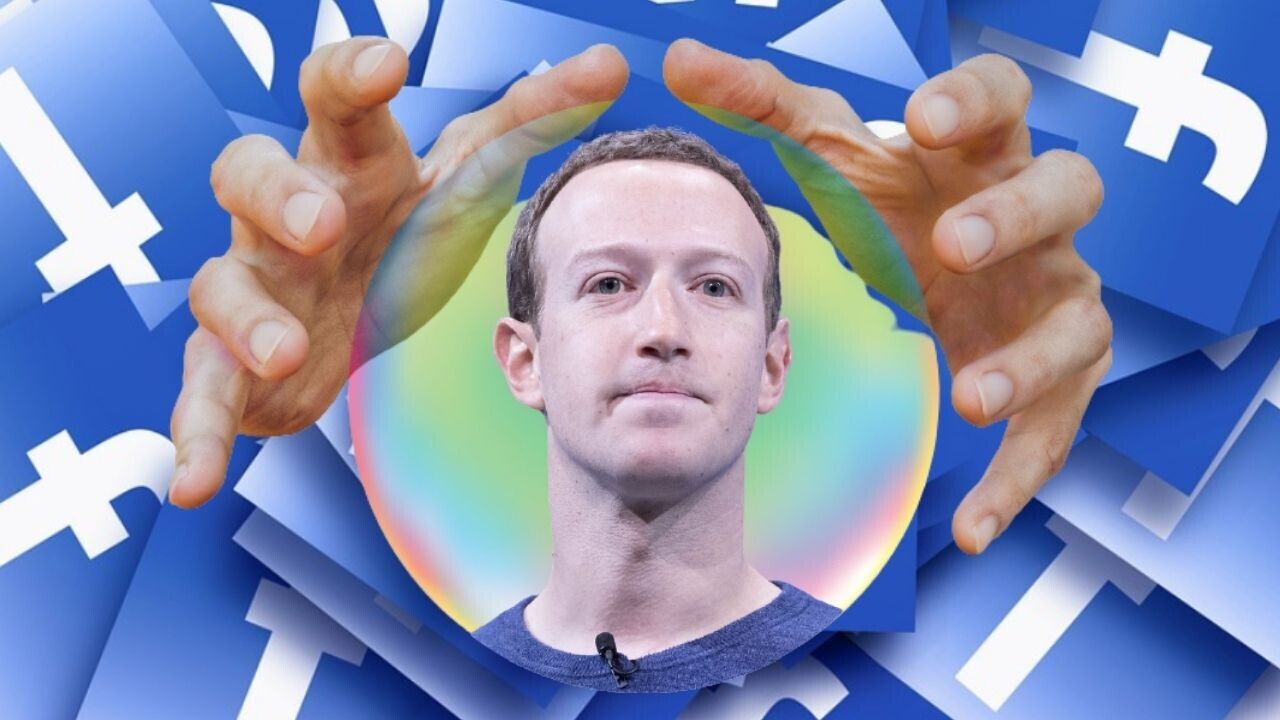
It’s been a rough week for Facebook, just like the previous week, and the week before that.
The revelations from leaked documents and Frances Haugen’s testimonies have plunged the company into a crisis — and a new name isn’t gonna solve its problems.
We dug out our crystal ball to predict what’s next for the social media giant.
A regulatory backlash
The Facebook Files heightened calls for lawmakers to regulate the company. Legal experts have proposed breaking up the business, implementing stricter privacy legislation, creating new federal agencies, and auditing the company’s algorithms.
Haugen has made some eye-striking suggestions of her own. She snubbed calls to break up Facebook and suggested the company’s former employees could help oversee the business. That’s the kind of scrutiny that even Facebook could support.
Indeed, the social network has itself called for further regulation of online content — with the obvious hope of guiding the rules. Facebook can also draw on its enormous resources to challenge proposals it doesn’t like.
In the US, the path towards new regulation will likely be a long one. Facebook’s focus on profit over health has drawn comparisons to Big Tobacco. But it took more than a decade to turn a whistleblower’s revelations about tobacco harms into meaningful regulation of the industry.
A more urgent concern for Facebook may be the potential increases in class-action lawsuits and probes by state attorneys general.
The Metaverse
Have you heard the exciting news about the Facebook rebrand? The social media giant has renamed its holding company as Meta.
The names of the apps that we build—Facebook, Instagram, Messenger and WhatsApp—will remain the same.
— Facebook (@Facebook) October 28, 2021
The shift is similar to Google’s reorganization under the Alphabet name. While the Facebook app will keep its current name, the company’s individual units will become subsidiaries of a single umbrella business.
That move may lead to tighter integration of Facebook’s multiple services, which could make it harder to break them up.
Facebook will also hope that the new name leads people to associate the company with the metaverse, rather than just social media and all its ills. Indeed, Zuckerberg said as much in a July interview with The Verge:
We will effectively transition from people seeing us as primarily being a social media company to being a metaverse company.
The new name alone won’t transform public perceptions, but the focus on the metaverse could provide a welcome distraction from Facebook’s social media horror show.
Growing old disgracefully
Facebook’s woes haven’t yet extended to the company’s financial performance. The company’s shares are up 25% since January, and its profit topped $9 billion during its most recent financial quarter, exceeding investor expectations.
There is, however, a big financial threat on the horizon: Facebook is struggling to recruit and retain young users.
An internal study found that young people perceive Facebook as a “boring, misleading, and negative” platform for “people in their 40s and 50s,” The Verge reports.
Teenage users of the Facebook app in the US have shrunk by 13% since 2019, according to the company’s own research. They’re projected to drop by 45% in the next two years.
Those demographic changes will be a big threat to the company’s future. In response, Facebook is exploring new ways of attracting younger users.
However, some of Facebook’s ideas suggest the company doesn’t quite understand the audience. Take this extract from an internal report:
Are kids are [sic] using Messenger Kids during playdates, and if so, how are they using the app and talking about the app? Is there a way to leverage playdates to drive word of hand/growth among kids?
The document brings to my mind the “How do you do, fellow kid” meme, but instead of donning a baseball cap and skateboard, Facebook’s got a wiretap and Anders Breivik’s manifesto.
The company’s moves suggest that Facebook will grow old disgracefully. The metaverse looks like Zuckerberg’s attempt to reverse the slow decline.
Get the TNW newsletter
Get the most important tech news in your inbox each week.




